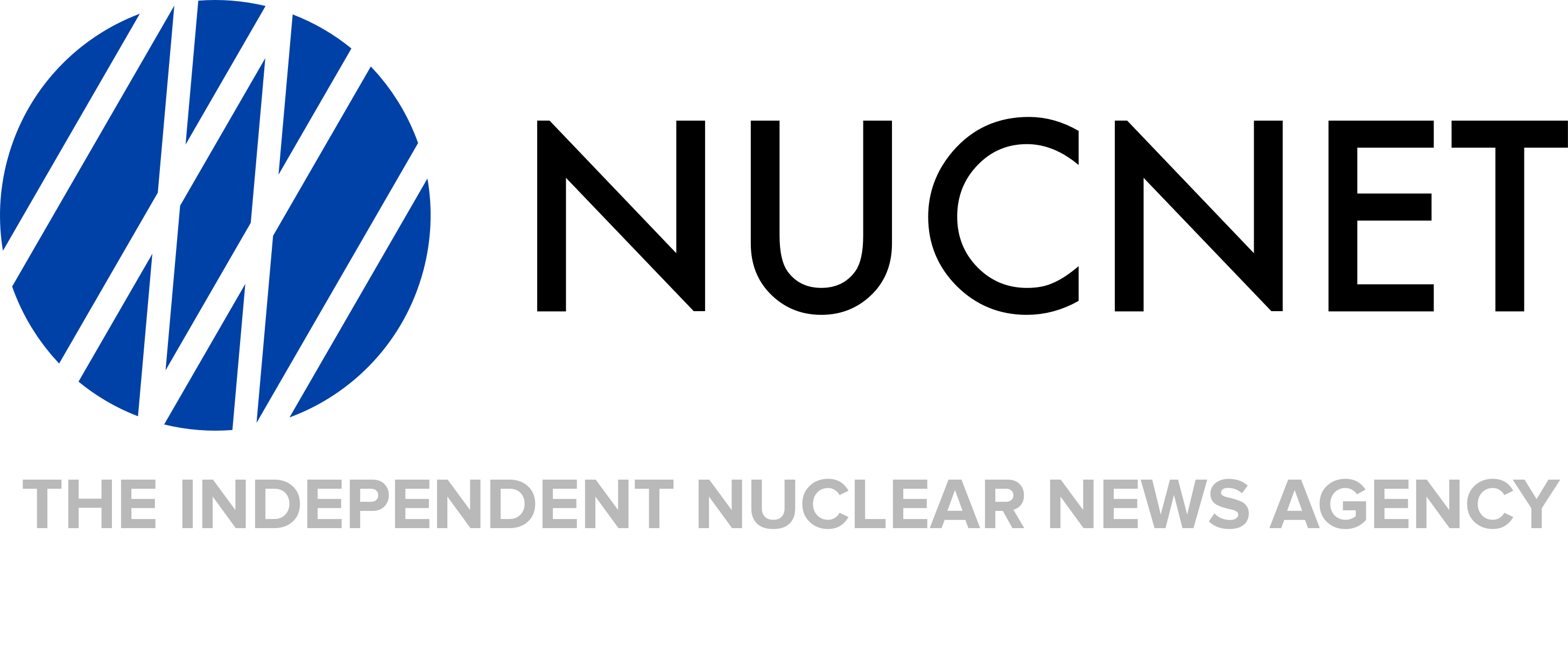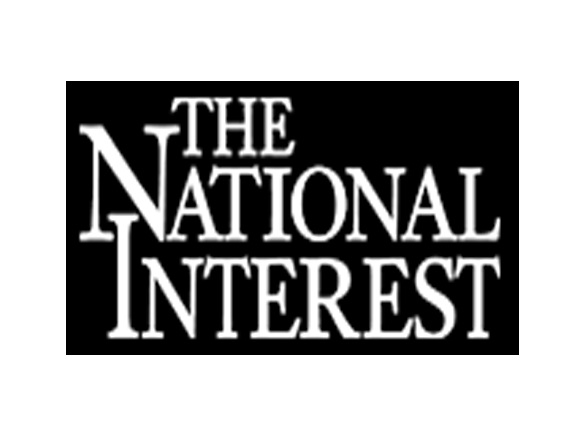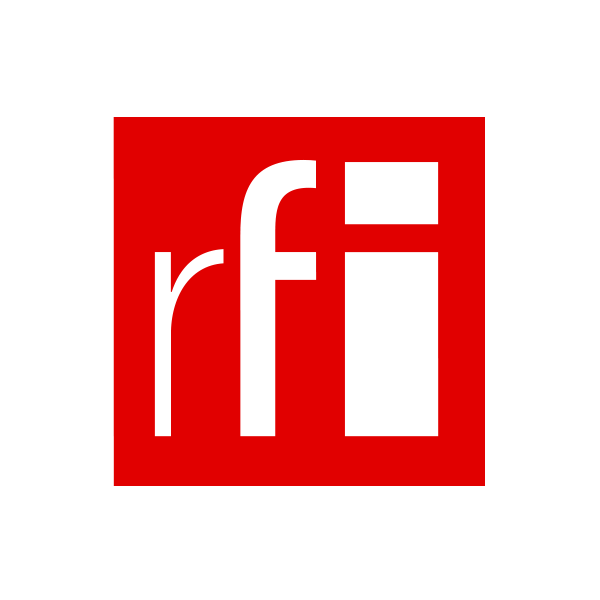

Europe is Quietly Debating a Nuclear Future Without the US
America has protected Europe with is nuclear umbrella for more than 70 years. In the era of Vladimir Putin and Donald Trump, the continent is quietly debating a different nuclear future.
The Future of Europe’s Strategic Deterrence is (also) at Sea
A cursory look at both France and the UK suggests that the future of European nuclear deterrence is at sea.

French thinking on AI integration and interaction with nuclear command and control, force structure, and decision-making
This paper analyses the French literature on France’s perception of military AI, especially its consequences on strategic systems and competition, and nuclear deterrence.


The Nuclear Dispute Driving a Wedge Between France and Germany
The two nations have opposing ideas about atomic energy, threatening the EU’s transition away from fossil fuels.


Long-Term Operation Of Nuclear Plants Vital For Future Of Grid, Says Expert
Argument that reactors are expensive "does not hold any more", conference hears. Nuclear plants will be needed for the future stability of Europe’s grid, Marc-Antoine Eyl-Mazzega said.
Strategic Signaling: A Lever for France in the Competition Between Powers?
From the joint and combined Orion 2023 exercice to the deployment of Leclerc tanks in Romania, through the qualification fire of new missiles, the French armed forces conduct many manoeuvres and activities that are now described as falling under the "strategic signaling".
Strengthening the Dynamics of Renewable Electricity in Europe
We have made considerable progress in twelve years and the new European Union targets change the scale of renewables, facilitating the electrification of uses. Renewable energies must be pushed to the maximum regardless the future of nuclear power generation.
The European Green Deal Three Years On: Acceleration, Erosion, Fragmentation?
The European Green Deal (EGD) is the single most defining policy initiative of the von der Leyen Commission. Since its publication in December 2019, it has become the European Union’s (EU) new raison d’être: protecting the planet and Europeans from environmental degradation, through a holistic approach to the energy transition, while promoting sustainable growth and a just transition with no social group or territory left behind.
Chinese Nuclear Force Modernization and Doctrinal Change
Dating back to the first test in 1964, the Chinese nuclear force modernization process is motivated by other nuclear powers’ modernization across the years, mostly from the United States and the Soviet Union, but also by domestic factors such as economic debates and tensions in the scientific community.
EDF’s problems pile up as full nationalisation looms
French supplier of nuclear energy is struggling with plant shutdowns, build problems and skills shortages.
The Future of Europe’s Strategic Deterrence is (also) at Sea
A cursory look at both France and the UK suggests that the future of European nuclear deterrence is at sea.

French thinking on AI integration and interaction with nuclear command and control, force structure, and decision-making
This paper analyses the French literature on France’s perception of military AI, especially its consequences on strategic systems and competition, and nuclear deterrence.
Chinese Nuclear Force Modernization and Doctrinal Change
Dating back to the first test in 1964, the Chinese nuclear force modernization process is motivated by other nuclear powers’ modernization across the years, mostly from the United States and the Soviet Union, but also by domestic factors such as economic debates and tensions in the scientific community.
The Herculean Task of Decarbonizing the American Power System by 2035
The Biden Administration has so far taken the focus of the Biden candidate on climate issues seriously, especially the commitment made during the campaign of a net zero power system by 2035.
The Franco-German Tandem: Bridging the Gap on Nuclear Issues
The Franco-German couple has long been characterized by divergent trajectories on nuclear matters, and antagonist historical decisions still frame the current relationship.
The NPT and the Origins of NATO’s Nuclear Sharing Arrangements
Russia has recently accused the United States and NATO Allies of violating the Treaty on the Non-Proliferation of Nuclear Weapons (NPT) by arguing that NATO's nuclear sharing arrangements are not permitted under the Treaty.
Reading Rouhani Right
Poll numbers are the life blood of politics these days. Anything expressed in digits has a claim to truth that assertions without digits cannot make. They inspire confidence - especially among those aspiring to public office - that they actually understand what public sentiment is. If you lived between nuclear-armed Israel and Pakistan and had as many world class enemies as Iran has accumulated - would you give up your pursuit of a nuclear weapon?
Command and Control in a Nuclear-Armed Iran
In the long standoff regarding its nuclear ambition, Iran has cultivated ambiguity and been loath to reliably assure the international community of its ultimate intentions, complicating Western efforts to understand, let alone constrain, Tehran’s endeavors.
Positioning of Nuclear in the Japanese Energy Mix
Nuclear fission was discovered in the late 1930s. The first application went towards military use, and gradually expanded to civil use such as power generation. Power generation gained importance in two stages: firstly, to shift away from oil in power generation after the oil shocks in the 1970s, and second, to arrest climate change due to CO2-free nature of nuclear power more recently. This typically applies to Japan, which has become the world third largest in nuclear power generation. However, nuclear power is violent by nature, and major accidents of nuclear power plants shook the public confidence in nuclear safety. Japan has been put into such situation in a most radical way due to the Fukushima nuclear disaster of March 2011.
Protecting Nuclear Installations: The difference between industrial safety and national security
There is a gritty public debate going on in Europe about what threats should be considered in conducting stress tests on existing nuclear power plants or in establishing safety criteria for new build nuclear power.


Europe is Quietly Debating a Nuclear Future Without the US
America has protected Europe with is nuclear umbrella for more than 70 years. In the era of Vladimir Putin and Donald Trump, the continent is quietly debating a different nuclear future.


The Nuclear Dispute Driving a Wedge Between France and Germany
The two nations have opposing ideas about atomic energy, threatening the EU’s transition away from fossil fuels.


Long-Term Operation Of Nuclear Plants Vital For Future Of Grid, Says Expert
Argument that reactors are expensive "does not hold any more", conference hears. Nuclear plants will be needed for the future stability of Europe’s grid, Marc-Antoine Eyl-Mazzega said.
EDF’s problems pile up as full nationalisation looms
French supplier of nuclear energy is struggling with plant shutdowns, build problems and skills shortages.


An Engine Replacement Could Kill Europe’s Huge F-35 Plans
If the decision to replace the engine for the F-35A is implemented, countries flying F-35s will find themselves forced into unforeseen and overly complicated supply chains.
Helium‑3 from the lunar surface for nuclear fusion?
Since 1969, the return of a human mission to the Moon has never seemed so close. Although scientific interest continued to flourish, space programmes had for many decades abandoned it in favour of the International Space Station and missions to explore the solar system.
France to spell out post-Brexit nuclear weapons strategy
France, the European Union's sole nuclear power since Britain's exit from the bloc, will unveil Friday how it intends to use its atomic arsenal as a deterrent in an increasingly unstable world.
Where is the U.S. nuclear arsenal headed?
An interview with Jon WOLFSTHAL, nonresident scholar, Nuclear Policy Program, Carnegie Endowment for International Peace
Support independent French research
Ifri, a foundation recognized as being of public utility, relies largely on private donors – companies and individuals – to guarantee its sustainability and intellectual independence. Through their funding, donors help maintain the Institute's position among the world's leading think tanks. By benefiting from an internationally recognized network and expertise, donors refine their understanding of geopolitical risk and its consequences on global politics and the economy. In 2024, Ifri will support more than 70 French and foreign companies and organizations.














